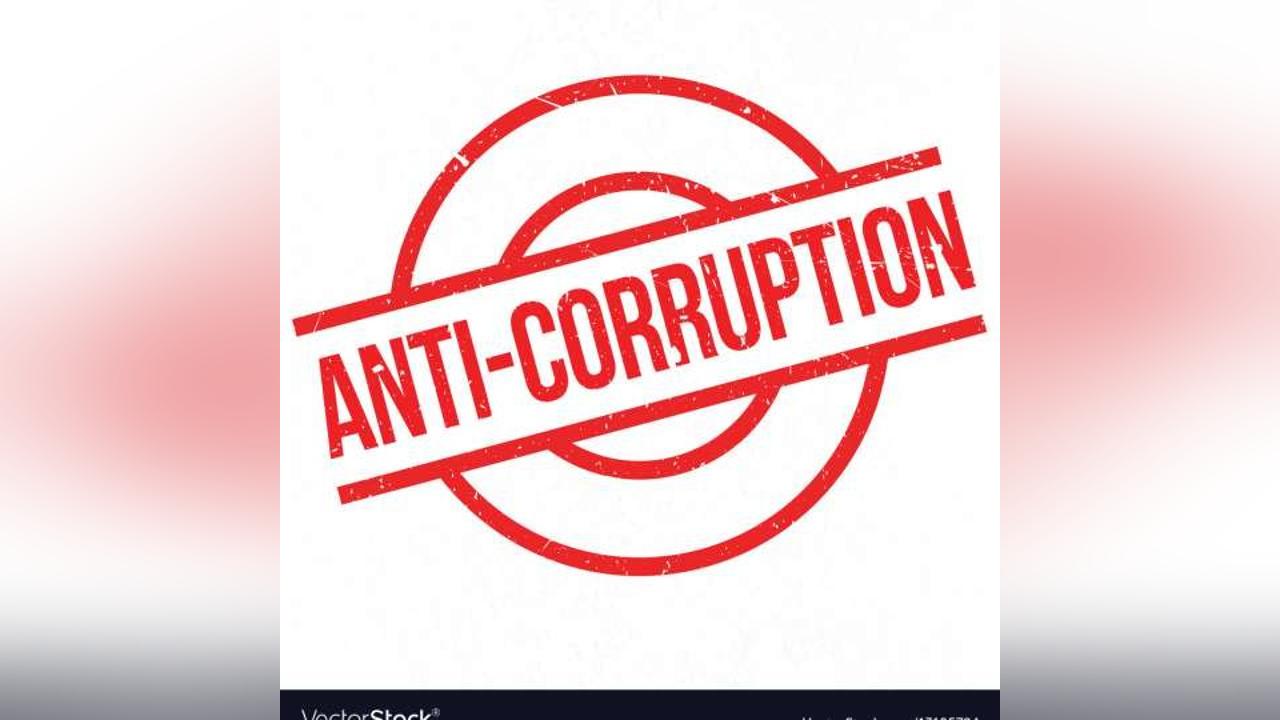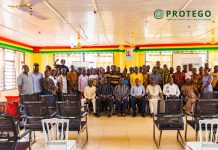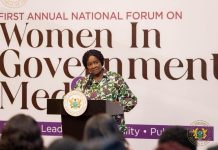Africa-Press – Ghana. The Ghana Integrity Initiative (GII) has urged citizens to join the fight against corruption by reporting all forms of demands from service providers, that are supposed to be free.
“When citizens serve as watchdogs by speaking and resisting all forms of enticement, it would go a long way to support the fight against corruption”.
Mr Joseph Makido Azam, the Northern Regional Officer of the Advocacy and Legal Advice Centre (ALAC) of the GII made the call at a durbar organised by ALAC in collaboration with the Inclusive Services Delivery Africa (ISDA) project, for the Saboro community in the Kassena Nankana Municipality of the Upper East region.
The durbar which was on the theme “bringing right education and legal aid access to citizens” is a strategy to empower the citizens to take action against corruption and also make corruption reporting convenient for them.
The Inclusive Services Delivery Africa (ISDA) project aims to improve access to education and healthcare services for women, girls and other groups at risk of discrimination in Africa by addressing corruption-related barriers.
In Ghana, the Project focuses on education and healthcare services and would be implemented in 12 districts, mainly urban, peri-urban and rural areas across three regions, Greater Accra, Central and Upper East regions, with Women and Girls, Youth and other groups at risk of discrimination.
Mr Azam said the durbar sensitized the community to have a deeper understanding of how corruption worked in practice and existing reporting mechanisms and the importance of reporting corruption.
“We also built the capacity of participants to identify and report acts of corruption and provide on the spot basic advice and assistance to victims and witnesses of corruption”.
“We also plan to identify specific corruption related issues for investigative journalists to pursue and expose the perpetrators”, he added.
Mr Azam said the ISDA project was expected to achieve more effective action taken by public institutions to close gender-related corruption loopholes and address vulnerabilities in the education and health sectors, related to women, girls and other groups at risk of discrimination.
It would also increase the capacity of the citizens, particularly women, girls and other groups at risk of discrimination, to demand accountability from duty-bearers in the delivery of education and healthcare services.
The project would also increase recognition among stakeholders at national, regional and international levels, of the need to mainstream gender-informed anti-corruption measures into the delivery of education and healthcare service.
Speaking on the whistle blowers act, Mr Abdul Gafaru Issahaku, the Kassena Nankana Municipal Director of the Commission on human rights and administrative justice (CHARJ), said corruption in all forms and shapes had no iota of good in it and its negative effects in all spheres of life could not be quantified.
He said the whistle blowers act was supposed to empower citizens to disclose information about other people’s impropriety to an authorized person or institution.
Community members who participated in the durbar were happy that their knowledge on what constitutes corruption had increased and they would act responsibly by reporting any suspicious corruption related activities to the appropriate institutions.
For More News And Analysis About Ghana Follow Africa-Press







